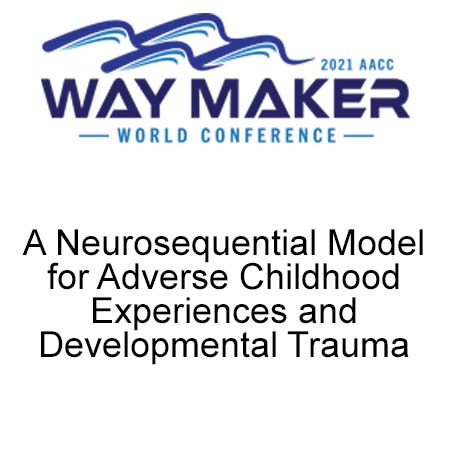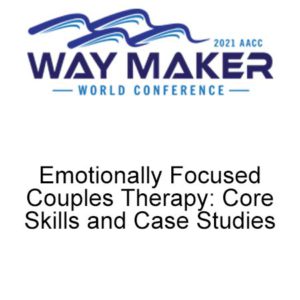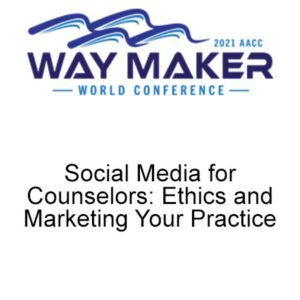Description
610: A Neurosequential Model for Adverse Childhood Experiences and Developmental Trauma
Tony Michael, Ph.D.
Tennessee Tech University
Department of Counseling and Psychology
1 William L. Jones Dr.
Cookeville, TN 38505
Mark Loftis, Ph.D.
Tennessee Tech University
Department of Counseling and Psychology
1 William L. Jones Dr.
Cookeville, TN 38505
Summary
The purpose of this presentation is to evaluate the effects of trauma on a developing brain to promote best practices in mental health counseling. A review of adverse childhood experiences, the foundational parts within the traumatized brain, and the importance of a bottom-to-top neurosequential approach to healing adverse childhood experiences and developmental trauma will be discussed with implications for Christian counselors.
Learning Objectives
Participants will:
• Identify the effects that developmental trauma has on the brain
• Describe adverse childhood experiences
• Utilize a basic neurosequential model for treating developmental trauma for a psychologist or licensed mental health professional





